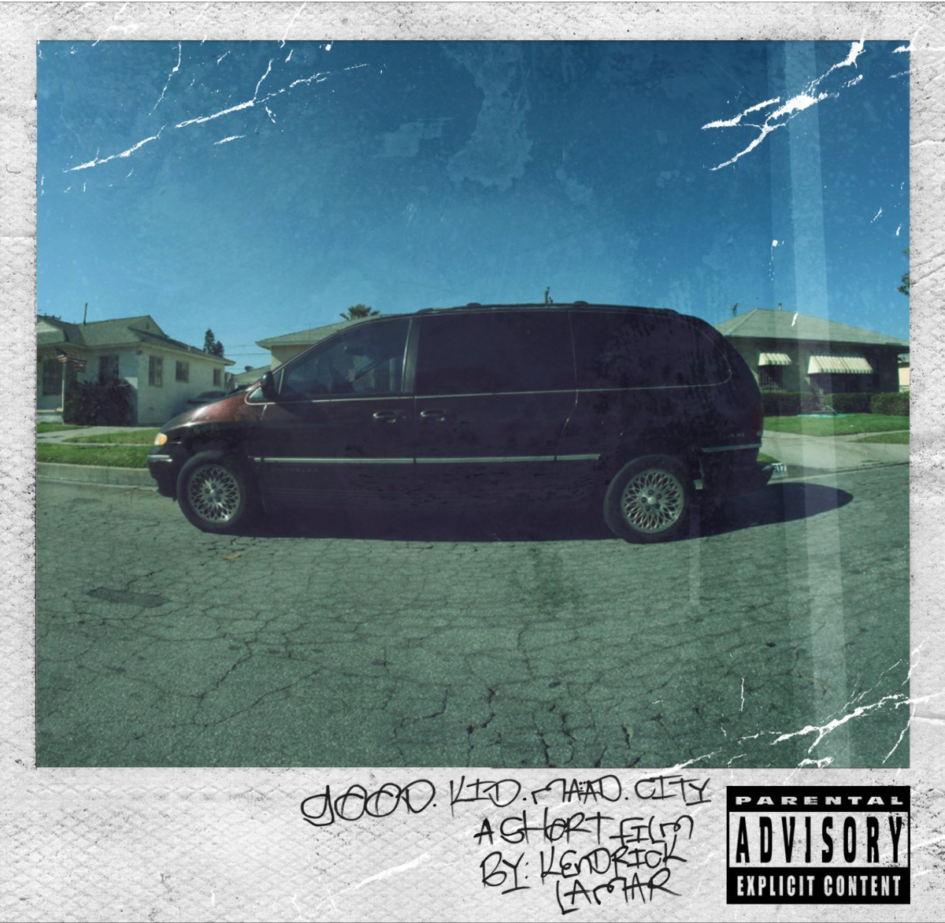This song was released in 2012, and truthfully there isn’t much context surrounding it other than the deeply rooted issues that have always been present within the black community that has always been caused by white supremacy. For instance, it’s no secret that the war on drugs was just another tactic to target minorities, especially the black communities within the United States. Leading to this song we can see how the war on drugs still affected the community even many years later. In 2011, “drug crimes compromised 14 percent of all arrests and a miscellaneous category that includes “drug paraphernalia” possession comprised an additional 31 percent of all arrests. (Rothwell). In the arrest mentioned the author is only referring to Black men, and in the following graph, you can see how said arrests are depicted.
Source: How the War on Drugs Damages Black Social Mobility
This context is extremely important because it ties the song back to mass incarceration and gang violence, which are the main problems that the song is critiquing. For instance, the reports on incarceration in 2012 were 1,570,400 prisoners. That being said, the song also critiques recidivism, and to add more context, recidivism rates around the time the song was released looked like this according to the Bureau of Justice Statistics, “Nearly half (46%) of prisoners released in 2012 returned to prison within 5 years for a parole or probation violation or a new sentence”. Recidivism is defined as “the tendency of a convicted criminal to re-offend”. People tend to re-offend for many reasons, but the main one is unemployment. This is because for a returning citizen with a record is really hard to find a job and they have no choice but to go back to their old lives.
Although this context has to do with social issues, it can also go hand in hand with the genre of the song. Rap is a genre that often has bad connotations by outsiders, for example, a lot of people believe the stereotype that rap is written and listened to by “thugs”. Some of these stereotypes are based on the fact that most rap songs glorify the “street” life. But what people don’t understand is that rap is beyond the glorification of that life and that the true meaning behind truly signifies how challenging and extreme life can get when you find yourself in the wrong environments. In terms of this rap song, at first, you could listen and think it’s just “another rap song” but in reality this song it’s very deep and it intends to bring awareness to deep-rooted issues that affect the Black community.
Now with the context presented in mind, I would like to explore the songs’ lyrics and delivery. The song is tittle Collect Calls which according to IC Solutions refers to, “Collect Calling allows inmates to place calls to any facility-approved telephone number. If you accept a collect call from an inmate, the cost of that call will be billed as a line item on your next regular telephone bill…”. For instance, the song has two perspectives, a mother and a son. The main character of the song is the son, Dante. Through the lyrics and the delivery of the song, we can perceive the desperation that Dante is facing while trying to reach his mother and get her to collect his calls.
The first two verses of the song are Dantes’s POV. Kendrick’s delivery is important because his voice just screams desperation, almost fear. Dante calls for his mom and wants her to be by his side while also explaining the situation that he is in.
The third verse is different from the others because we now get to see Dante’s mom’s POV. As for the lyrics, Kent Jamz, Ricci Riera, Axl Folie, and Kendrick Lamar do a great job of critiquing the issues I’ve been mentioning. For instance, her pain is so deep that Kendrick sings, “Rather see you locked up than dead”. She says this because she knows that if he gets out of jail he will go back to the life he had that involved gang violence, and he could potentially end up dead. I would say this verse is the most meaningful and the most important because it sheds light on recidivism and how much of a problem it really is especially in vulnerable environments. The writers criticize recidivism through Dante’s mom by expressing how deeply hurt she is and showing that this issue is so bad that she rather her son be incarcerated than go back to the “street” life and potentially end up dead.
Isabella Colina Hidalgo


October 2, 2022 at 3:03 pm
Isabella,
What a wonderful introduction to, as you write, one of the “deeply rooted issues that have always been present within the black community that has always been caused by white supremacy”: incarceration. I really appreciate your linking to and sharing the graph and how you bring the stats back to the song.
One of the things you’ll need to keep in mind for your podcast is how you’re going to explain Lamar’s protagonist and characters, which, if I remember correctly are woven throughout the album, without taking too much time doing so. So, there will need to be a delicate balance.
Bill